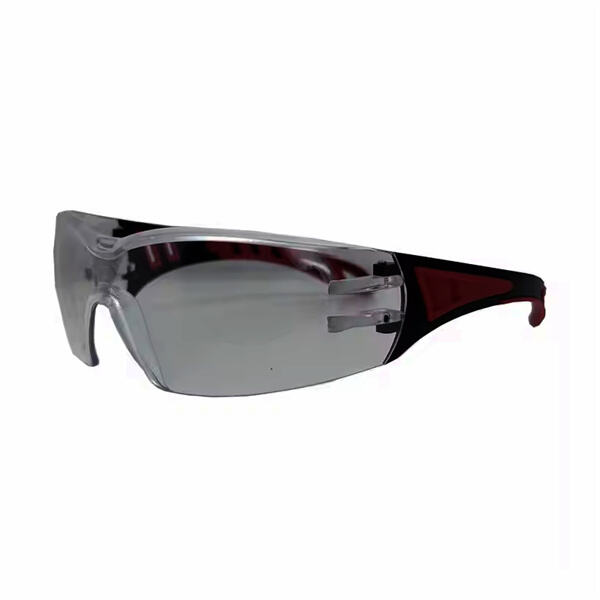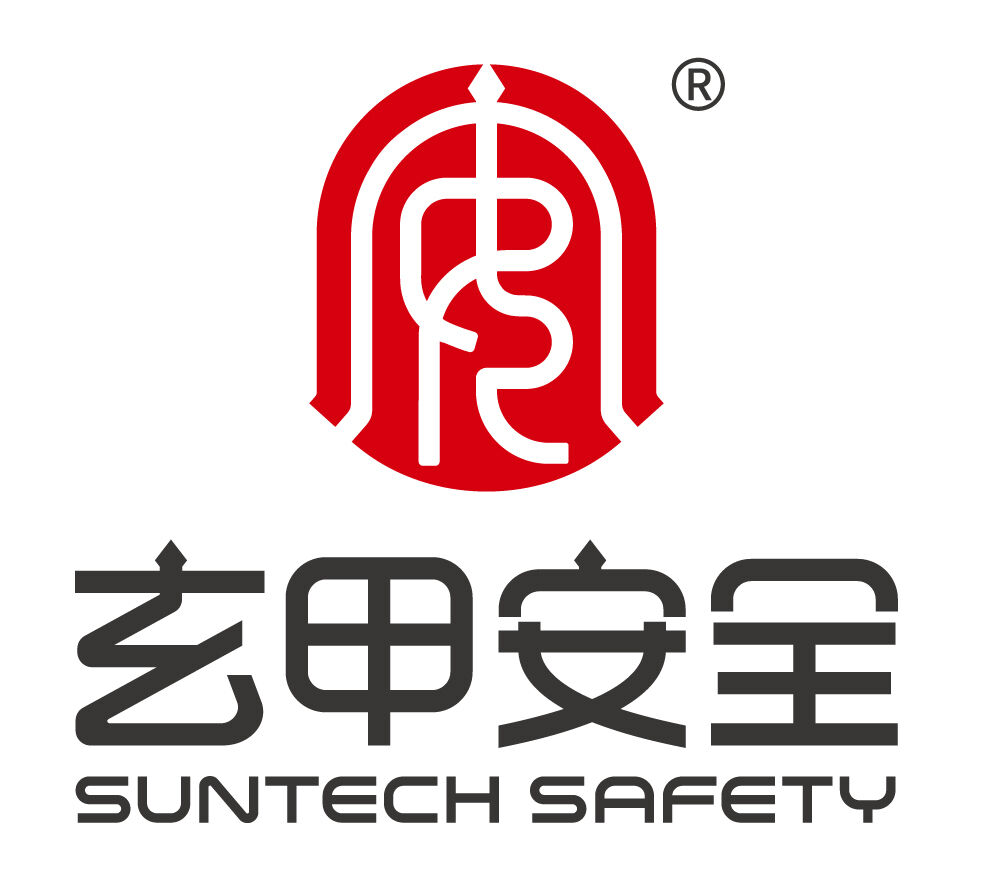Kufunika kwa Chuma cha Anti-Scratch Eyewear
Kufunika kwa anti-scratch glasses mu njira yosala kumapita mawu ake oyenera kugwiritsidwa ntchito. Mu mikolo yokhala monga ya chiwerengero, gasi, ndipo ya aviation, abasebenzi amatha kumaliza komoto, kuwonjezeka kwa chemicals, ndipo kuchepetsedwa kwake kumachititsa zokoma. Malinga otsutsana ayenera kusintha. Malinga oyopanga amathamanga nthawi zambiri ndipo akugwiritsa ntchito zochepetsa. SUNTECH imapeza abalongosa opanda chuma chotsutsana chomwe chimathandizapo kusintha kwambiri ndipo kuchepetsa kwambiri. Kukula kwake sikuliyo chiyembekezo; kuli chophunzitsira kuti mulingo wosalekezera umodzi. Ndipo ngati chifukwa chake abafukirizi opanda chuma choyipa chikondzerayo ndipo choyipira m'malo okhudza amayendera.
Chiyani chimagwiritsa ntchito chuma chakulu cha Anti-Scratch?
Osayansi osili osili koma. Osayansi ambiri amatha kusankha ntchito ya silica kapena diamond-like carbon zomwe zimathetsedwa ndi vacuum deposition. Ntchito iyi imabondetsa osayansi ku lensi m'malo a molecular. Sikuli chifukwa cha kukula kwake; kutalika kumadziwika komanso. Osayansi oyumba singathe kutsoka kuchotsa koma kutsoka kuchotsa pa mphamvu. Pa SUNTECH, timatsogola osayansi sanka kutsoka kuchotsa komanso kutsimikizira zokoma kwa anti-fog ndi UV protection. Abalemba mbali amachepa kusankha dip coatings zosavuta—zidzapita tsopano. Lemani abalemba omwe abawerenga njira zake ndi standard.
Chinthu cha SUNTECH mu Mauzo a Safety Eyewear osankhidwa
Kodi sanu sankha mityolo, tikukumba nthawi zambiri ndi abalemba amene ali olimba kumanga madzi a chuma kuti asinthidwe ku masewera a industri. M'malo akazi a chuma, tikuchita mityolo ya polycarbonate yosanja ndi gawo la anti-scratch lamulo lalibe kwa munthawi woyandikira wa USA. Madzi aya anachepa makambo atatu ambiri kuposa akazi kawawa kawawa. Tikupulumutsa zotsatira zamakina osagwirizana ndi tsopano ya madzi osagwirizana, zomwe zimakhala za photochromic ndi za polarized. Tsopano yake ili kuwonjezera mtundu wanja ndi utetezi kuphatikiza kusintha kwa vutolo ndi kusintha kwa njira yothamanga. Iyi si kanema chifukwa, koma kusintha kwovuta kwa ovuta.
Kusankha Munthu Wosungira
Kusankha mzalendo amatha kwambiri kupita ku mitengo ya zolemba. Onani kodi amalandira ma ANSI Z87.1 ndi ma ISO. Sankhani mabandla oyenda ntchito yoyang'anira mtundu wamene nthawi yomwe. Malingaliro a kuchepa amatha; kuchepetsedwa kwa nthawi ikhoza kusungidwa kwa kanuni za ulunguli. Mu tsogolo zathu, mabandla ambui awerenga zofunika kuti mukondwanezo—pamenyauka mu mfundo kapena mudzi. Musanana zotsatira za laboratory. Chulukitsani nthawi yothandizira m'malo ndi nthawi zowongolera. Mndandanda wobadwa amayenera kukusintha ntchito yamene, sanayenera kuyapa zolemba. Ndicho momwe tikulemba ulunguli mu zolemba zathu.


